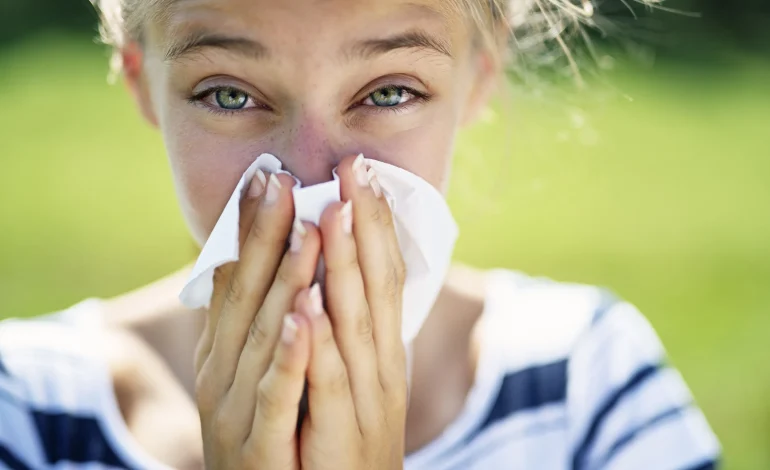If you’re feeling especially sniffly, itchy, or congested lately, you’re not alone, USA Today reports.
Allergy season is in full swing—and experts say there are multiple reasons it may feel worse than usual this year.
Spring allergy season typically runs from March through May or June and is driven largely by tree pollen. But May, in particular, is a difficult time for many allergy sufferers because it marks a crossover period when both tree and grass pollens are in the air. That means double the exposure and often, double the symptoms.
Dr. Kara Wada, a board-certified allergist and immunologist, explains that pollen counts are usually highest on warm, dry, and windy days.
“Especially during morning hours for ragweed or evening hours for tree and grass pollens,” she notes.
Rain may bring short-term relief by washing pollen out of the air, but counts can spike again quickly once the skies clear.
Adding to the challenge, climate change is extending allergy seasons. According to Wada, warmer temperatures are leading to earlier springs and later frosts, which has resulted in longer growing seasons for many plants. That means higher pollen counts—and longer exposure.
Dr. Sakina Bajowala, also a board-certified allergist and immunologist, says that symptoms are often most severe for people who are allergic to multiple types of pollen and experience overlapping allergy seasons.
If you’re unsure whether your symptoms are from allergies or a cold, there are some key differences. Allergies typically don’t cause fevers and often involve itching in the eyes or nose. Colds usually last about a week to 10 days, while allergy symptoms persist as long as you’re exposed to allergens.
Experts recommend several strategies to help ease allergy discomfort:
Limit Exposure: Stay indoors on high pollen days, keep windows closed, and monitor pollen forecasts. Use HEPA filters at home and wash bedding weekly in hot water. After spending time outside, shower and change clothes. Masks like N95s can also help block pollen during yard work.
Use Over-the-Counter Medications: Non-drowsy antihistamines, nasal steroid sprays (especially when started before allergy season), and saline rinses such as neti pots can all offer symptom relief.
Seek Medical Advice: If home remedies aren’t enough, it may be time to consult an allergist. Testing can identify your specific triggers, and doctors can provide prescription options or consider immunotherapy to reduce your sensitivity over time.










The latest news in your social feeds
Subscribe to our social media platforms to stay tuned